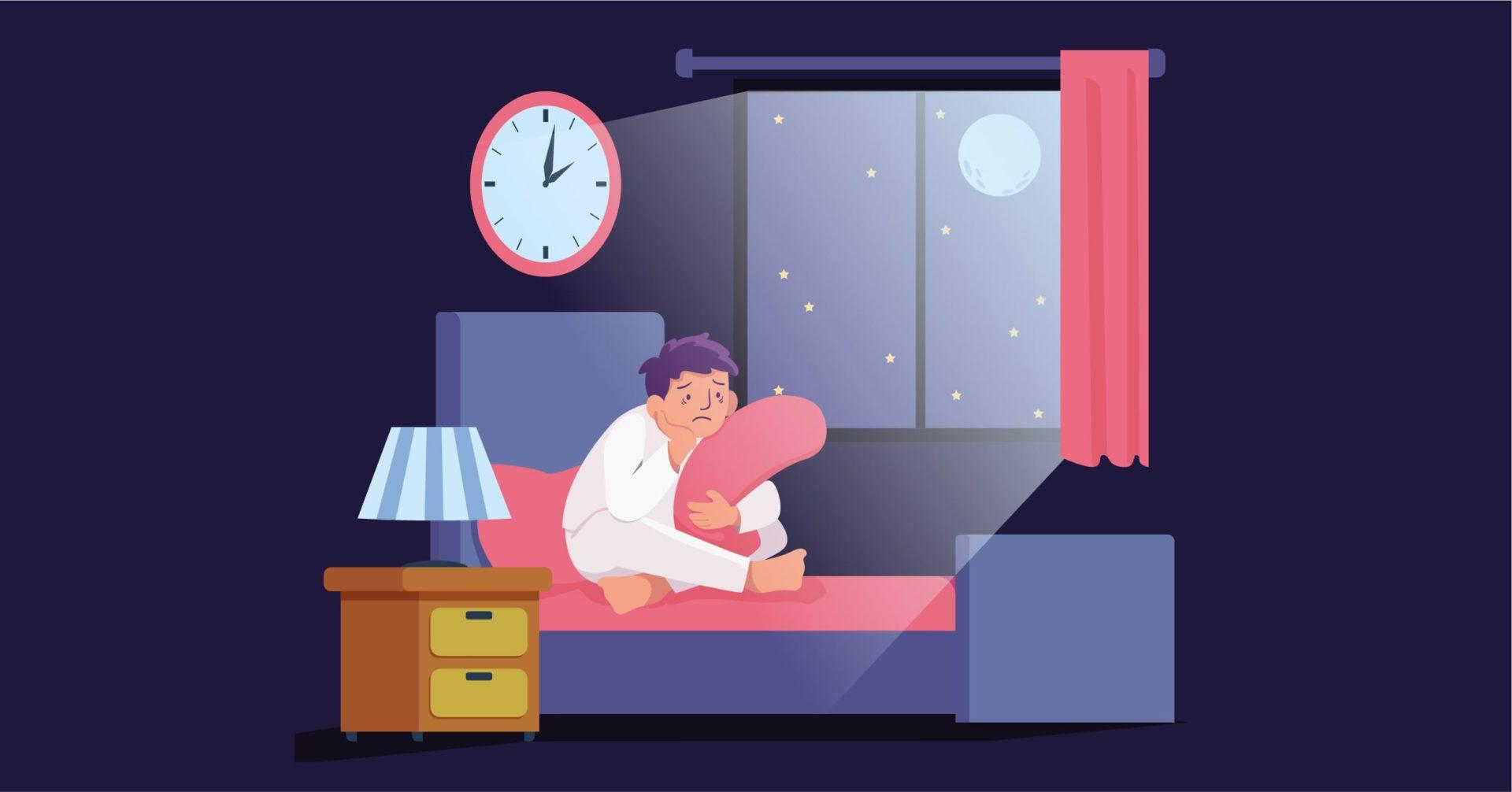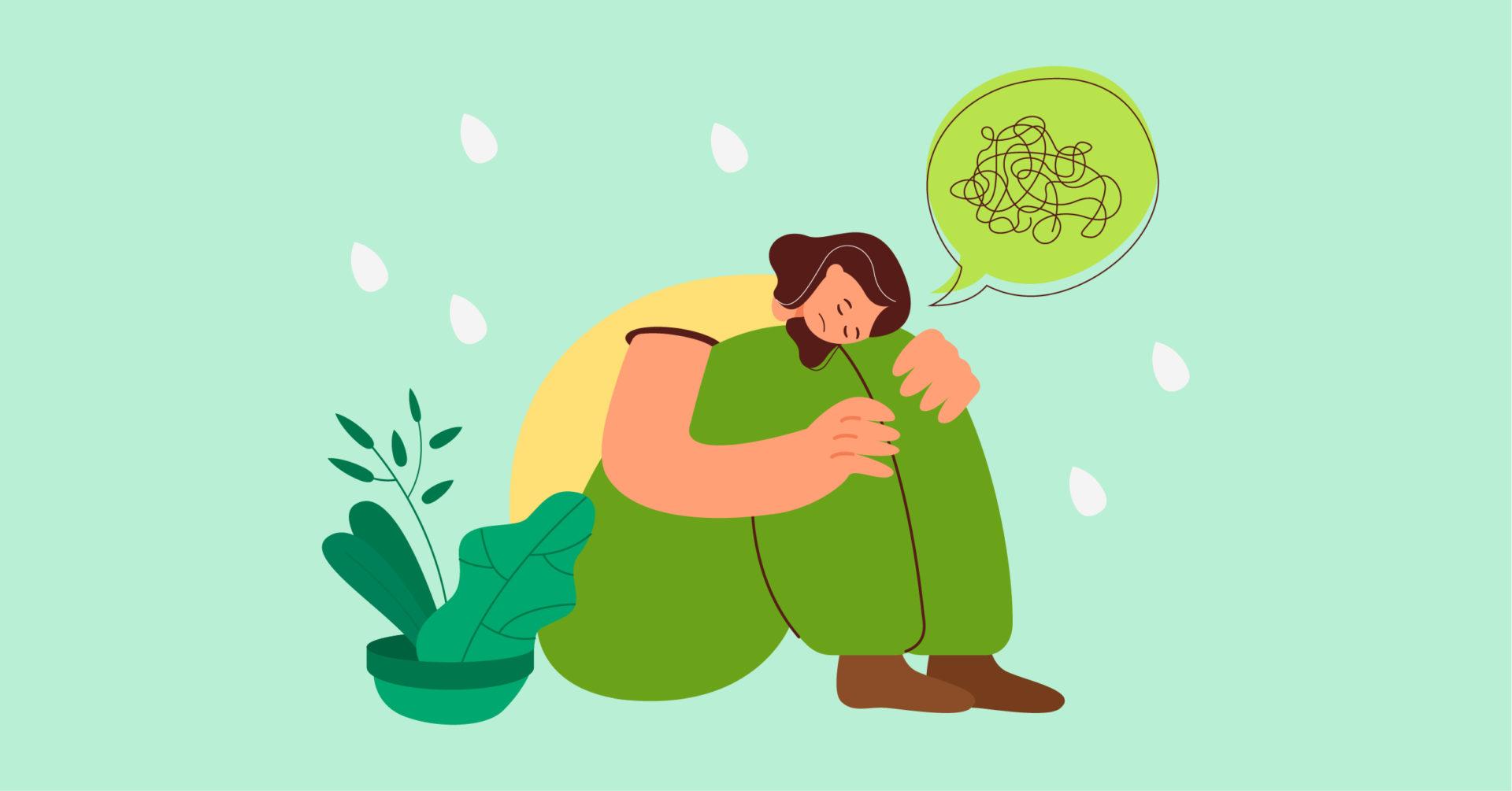Overview
The presence of caffeine in various foods and beverages alongside the acceptance and encouragement of its use as part of social norms has led to its widespread use making it the most widely consumed drug in the world.
The effects of caffeine can be experienced shortly after its ingestion. An adenosine antagonist, it leads to elevated energy levels and alertness. Low to moderate doses of caffeine can produce happiness and sociability, resulting in an overall increase in well-being. However, higher doses of caffeine can lead to deleterious effects such as anxiousness, nervousness, jitters, and more.
Regular use of caffeine often produces a dependence that goes unnoticed by many due to its availability and acceptance in society. This often elicits a pattern of sustained use, building tolerance, and facing withdrawal upon termination of use.
Those individuals who regularly consume caffeine may start to build up a tolerance for its effects, leading to a gradual increase in the dosage consumed. This can have harmful effects if unmoderated. Likewise, abruptly terminating the consumption of caffeine can lead to the manifestation of withdrawal symptoms that might interfere with daily functioning and cause distress.
Signs and Symptoms
Caffeine withdrawal is a recognized medical diagnosis. The symptoms of caffeine withdrawal must be preceded by a prolonged (regular caffeine use of up to 400 mg of caffeine, doses higher than 400 mg are potentially unsafe) daily use of caffeine.
The symptoms include:
- Headache
- Fatigue or drowsiness
- Depressed mood or irritability
- Difficulty concentrating
- Flu-like symptoms
- Decreased motivation
- Feeling foggy-headed
- Confusion/bewilderment
- Total mood disturbance
- Increased night-time sleep duration/quality
These symptoms can be observed after abrupt cessation of caffeine use following sustained use of caffeine. Symptoms of caffeine withdrawal may also present themselves in cases where individuals consume amounts lower than their usual dosages.
Risk Factors
Individuals who heavily use caffeine are at risk of experiencing caffeine withdrawal. This commonly includes individuals living with mental disorders, including but not limited to:
- Those with eating disorders
- Smokers
- Prisoners
- Drug and alcohol abusers
While there is a lack of data available on the prevalence of caffeine withdrawal in the general population, a reported 50% of people who abstained from caffeine for a 24-hour duration experience headache and one more symptoms. Of those who attempted to permanently stop caffeine use, 70% reported experiencing one or more symptoms including functional impairment.
The unavailability of caffeine is the leading environmental risk factor for caffeine withdrawal. In spite of the legal status of caffeine, there are incidences when it may not be available, such as under medical circumstances (preceding or following surgery or along with other medication), pregnancy, hospitalization, religious observances, travel, war, and participation in research (usually medical in nature). By inhibiting the use of caffeine in certain circumstances, a foundation for caffeine withdrawal can be laid.
Diagnosis
The essential diagnostic feature to consider during the determination of caffeine withdrawal is the presence of characteristic withdrawal symptoms that present themselves after the abrupt cessation or substantial reduction of caffeine consumption.
The Diagnostic and Statistical Manual 5 states the following diagnostic criteria for caffeine withdrawal:
A. Prolonged daily use of caffeine.
B. Abrupt cessation of or reduction in caffeine use, followed within 24 hours by three (or more) of the following signs or symptoms:
- Headache
- Marked fatigue or drowsiness
- Dysphoric mood, depressed mood, or irritability
- Difficulty in concentrating
- Flu-like symptoms (nausea, vomiting, or muscle pain/stiffness)
C. The signs and symptoms in Criterion B cause clinically significant distress or impairment in social, occupational or other important areas of functioning.
D. The signs or symptoms are not associated with the physiological effects of another medical condition (e.g. migraine, viral illness) and are not better explained by another mental disorder, including intoxication or withdrawal from another substance.
The predominant feature of caffeine withdrawal is a headache, which may be mild to moderate or severe as it develops, throbbing and sensitive to movement.
Since caffeine is widely used, present in a large array of foods and beverages, and has been assimilated into social culture through various norms, individuals are likely to be unaware of their dependence on the drug. It is likely, under this circumstance, for symptoms of caffeine withdrawal to be attributed to other conditions such as flu or migraine.
It is also likely for caffeine withdrawal to occur when individuals have abstained from food or beverage intake for prolonged periods of time (such as during travel or before surgery).
Treatment
Treatment for caffeine withdrawal is usually provided by primary healthcare providers such as general physicians or nurse practitioners.
Since the symptoms of caffeine withdrawal tend to pass after a certain period of time, they may not require particular intervention if they are manageable. However, symptoms that affect functionality may be treated with analgesics.
Following the experience of caffeine withdrawal, it is suggested to break the cycle of consumption, tolerance, and withdrawal. This is a common pattern observed in occurrences of substance dependence. There is often scepticism within the individuals on how attributable the use of caffeine is to symptoms. There must be thorough education regarding the effects of caffeine, including clinical manifestations and caffeine dependence. Individuals should be encouraged to notice how much of their diet includes items containing caffeine.
This may be followed with a discontinuation program. It is not recommended for the individuals to quit caffeine at once altogether, but rather gradually reduce intake till it reaches moderate levels and is unlikely to cause dependence.
Differential Diagnosis
1. Other medical disorders and medical side effects: Several disorders should be considered in the differential diagnosis of caffeine withdrawal. Caffeine withdrawal can mimic migraine and other headache disorders, viral illnesses, sinus conditions, tension, other drug withdrawal states and medication side effects. The final determination of caffeine withdrawal should rest on a determination of the pattern and amount consumed, the time interval between caffeine abstinence and onset of symptoms, and the particular clinical features presented by the individual. A challenge dose of caffeine followed by symptom remission may be used to confirm the diagnosis
Comorbidity
Caffeine withdrawal may be associated with major depressive disorder, generalized anxiety disorder, panic disorder, antisocial personality disorder in adults, moderate to severe alcohol use disorder, and cannabis and cocaine use.
Specialist
Caffeine withdrawal can be diagnosed and treated by primary healthcare providers, such as general physicians.
In Conclusion
An extra dose of caffeine has its psychological and physical effects, but what happens when abruptly stop consuming caffeine? Our body has immense adjustment abilities. It adjusts our bodily function according to our caffeine intake and starts responding accordingly. When caffeine intake is abruptly stopped, it has an impact on psychological and bodily functions.
Individuals who experience withdrawal symptoms should consult a professional and get therapy that will help them exercise self-control. Therapy helps in reducing the severity of the symptoms and also a possible relapse.
Book a session with our experts and start your journey towards building a healthy mental and physical self.





